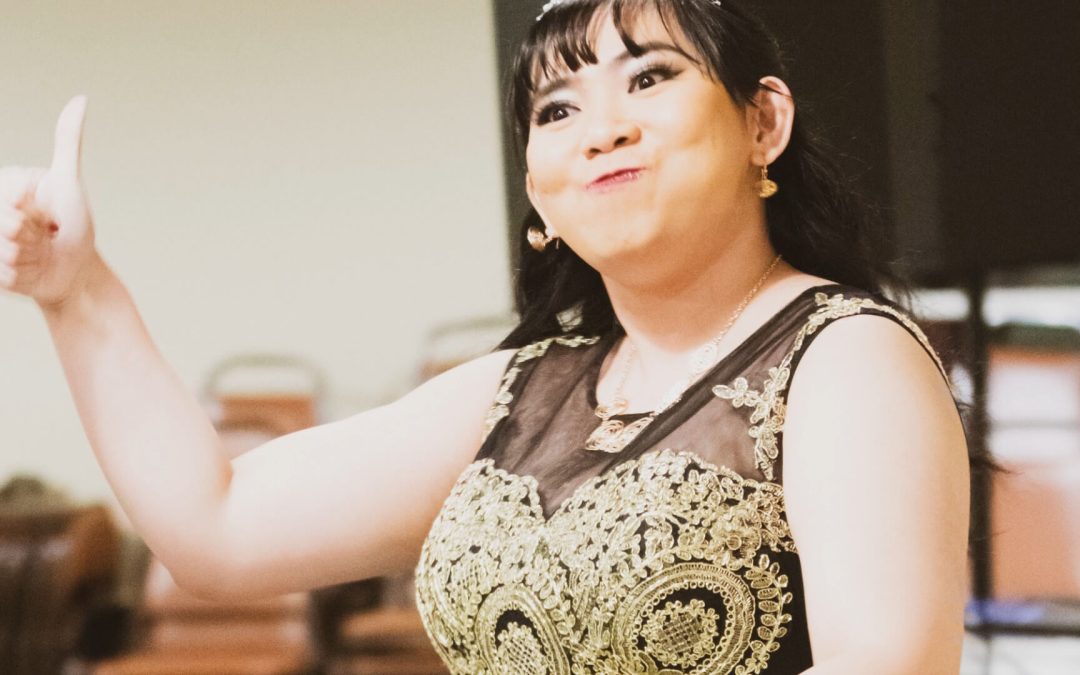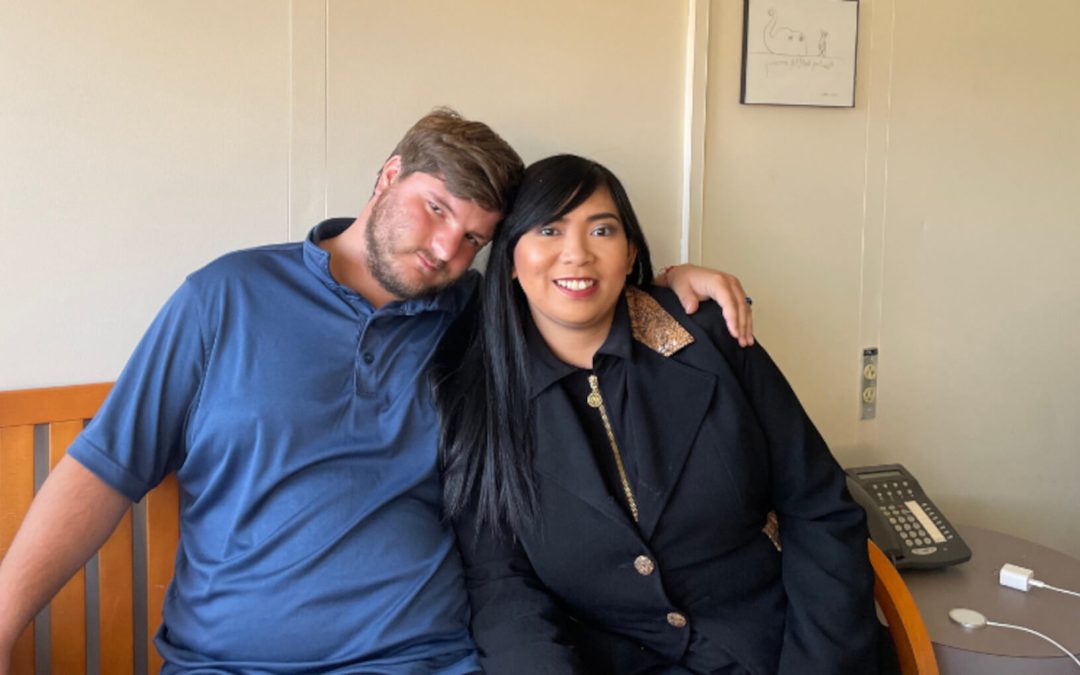ANN Editor in Chief Ainsley Knight is back on the podcast with her mother Amber. We discuss how Coronavirus has affected Ainsley’s routines, find out about her work, and hear about her dreams for her future.
You can follow Dr. Gwynette on Twitter and Instagram.
Music by @MrBobbyKalman



0 Comments